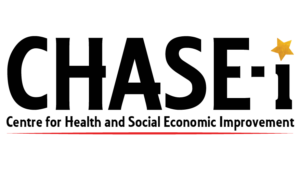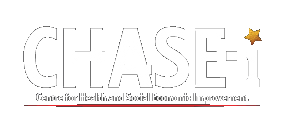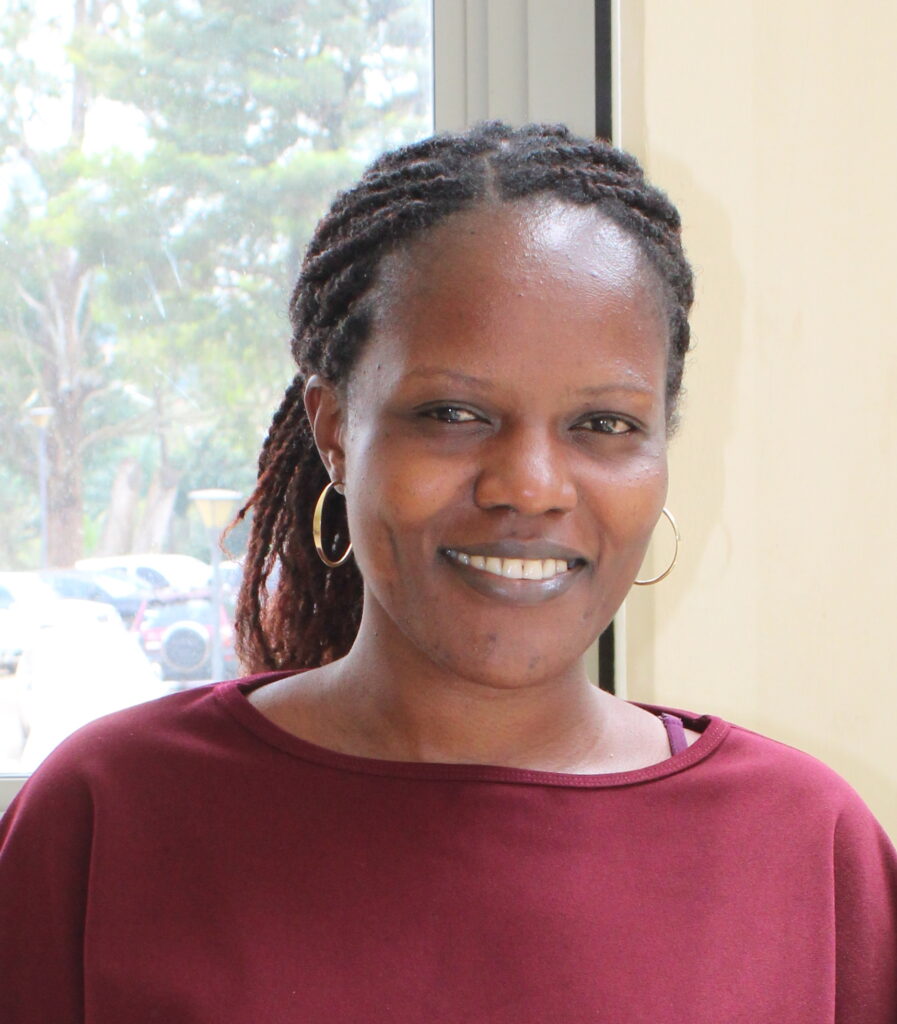Hope after heartwrenching field experiences in refugee communities!
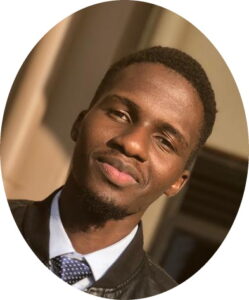
JOSHUA AISU
- October 23, 2020
At the start of this year, I heard about the Corona virus spreading to other countries and got both anxious and scared. In March, the President started what would later become a series of nation addresses with instructions on how Uganda would fight the spread of the Corona Virus. Schools and all places of learning were closed, public transport was stopped, some businesses were closed as he instituted a number of lockdowns. We tried to embrace the new normal hoping that it would be just a month and everything would return to business as usual.
For months we were required to stay at home becoming prisoners of our very own homes: at least that’s how some people saw it. It wasn’t all bad however. Some families like mine grew greater bonds from spending so much time together. It gave me a chance to improve my cooking skills and learn the number of tiles in our house too. The change in the way we do life came with its own challenges. We were not used to having to adhere to the SOPs that were put in place; having to constantly wear a mask was one of the hardest. When we were finally allowed to move everybody was very cautious about their safety and health so they followed the SOPs faithfully but as time went by these very measures became a burden to the people they were meant to help stay safe. I. on the other hand, really found it hard to wear the mask but I finally got used and made great use of every opportunity. I got to take long walks and stretch. It hasn’t been easy but I am glad for how far we have come but still cautious about all that is around.
Early in the month of September I was privileged to join CHASE-i’s field teams on the REFLECT study, in Kyaka II Refugee Settlement. It was a great learning experience seeing how these people have adapted to the different lifestyle the pandemic has forced everyone to be living now. During this study we witnessed so many things like how hard life can get for some of the refugees and families because they have so many children and not enough food to feed everyone. Some families suffered separation and gender-based violence, especially the ladies we talked to. I remember talking to children who mostly told me about being physically abused; some girls and boys shared about their sexual abuse experiences. One child reported being sexually abused by her father and that he had started abusing her that very week on Thursday. It was difficult listening to small boys telling you about how much they hated their parents fighting and abusing each other and some told me they want to be better parents in future, which was great to hear – a silver lining in their gloomy circumstances. There was a woman that I spoke to who had just had a miscarriage of her 10th child in the eighth month. As scary as that is, she had to stand beatings from her husband who left her for another woman and also witchcraft from the same lady. There were many heartbreaking stories! Working together with the senior research team members, we were able to report on and address these cases with the relevant authorities in the refugee Settlement; although clearly a lot more remains to be done to effectively identify, mitigate, prevent and respond to the different categories of violence we came across.
All these interactions have greatly impacted the way I look at people and life in general. I appreciate life more and the things I have now are more valuable than the time before the field. I have learnt to treat people with more kindness because we all need a little bit of kindness in such a period of time where everyone seems to only care for themselves.
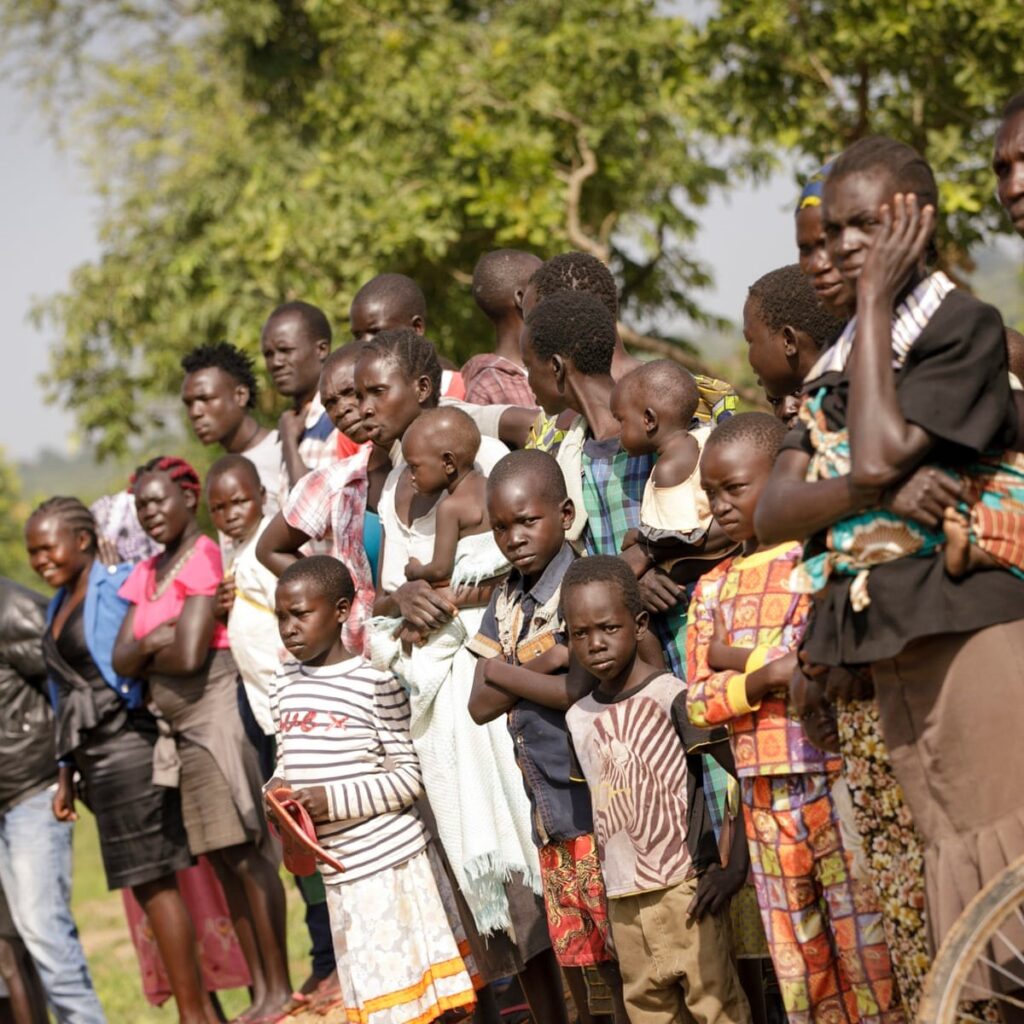
Refugees at one of the settlements
Back in Kampala it was great being part of the team that organised the REFLECT Study Launch on 20th of October 2020 where we shared preliminary findings while also officially launching the Study. At CHASE-i we strongly believe this event went very well because we were privileged to host the most important stakeholders in Uganda’s refugee response. These include the Ministry of Health and National Taskforce for Covid-19, Office of the Prime Minister (OPM) including refugee settlement level leaders, UNHCR, civil society organisations, members from research and academia, the media and most importantly – refugees themselves graced this event, and interfaced with these key stakeholders making decisions about them! All these stakeholders were very engaged – refugees talked about their experiences and even gave recommendations on what should be done, while the other guests pledged to re-strategise their organisations’ actions to better suit refugee needs in this Covid-19 pandemic. Truly, I can say that this research is already making its contribution. There is hope, after all!
About The Author
Joshua is CHASE-i’s Programs Assistant. He can be reached on jaisu@chasei.org
